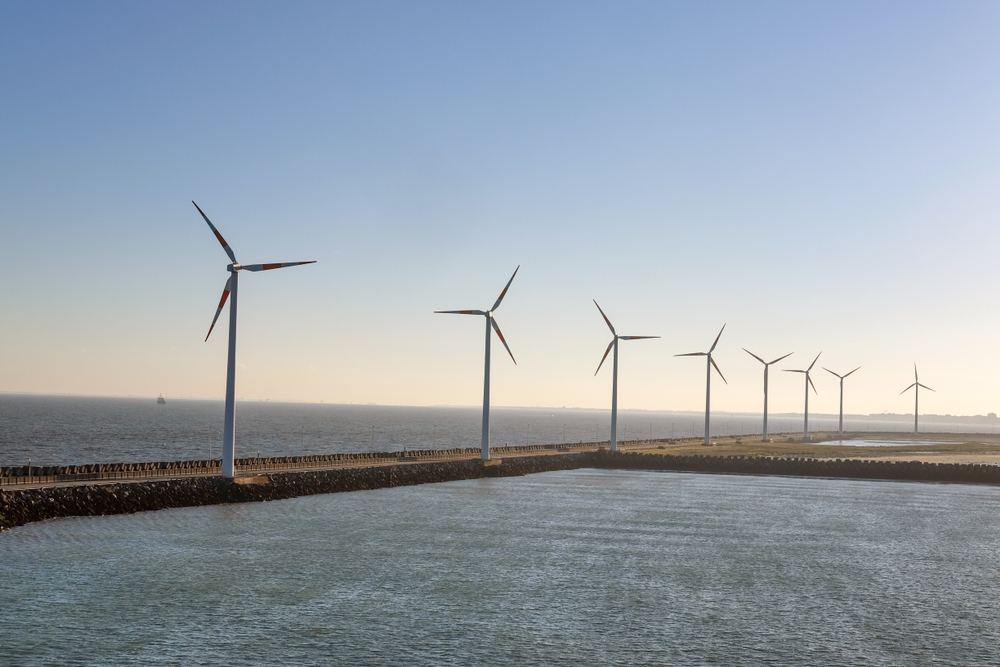ClientEarth filed suit in February 2023 in the Court of England and Wales against the board members of Shell PLC for failing to manage the material and foreseeable risks posed to the company by climate change.
The lawsuit, the first known attempt to hold board members personally liable, “alleges Shell’s 11 directors have breached their legal duties under the Companies Act by failing to adopt and implement an energy transition strategy that aligns with the Paris Agreement,” according to the organization’s press release.
The claim alleges the company’s energy transition strategy is “fundamentally flawed.”
“ClientEarth’s claim filed in the High Court of England and Wales has received the unprecedented support of a group of institutional investors collectively holding more than 12 million shares in the company, and more than half a trillion US dollars (£450 billion) in total assets under management (AUM),” the press release adds. “The group of investors includes, among others, UK pension funds Nest and London CIV, Swedish national pension fund AP3, French asset manager Sanso IS, Degroof Petercam Asset Management (DPAM) in Belgium, as well as Danske Bank Asset Management and pension funds Danica Pension and AP Pension in Denmark.”
Background
The ClientEarth lawsuit follows several environmental lawsuits against Shell. In May 2021, a ruling was issued by the District Court of The Hague in Milieudefensie et al. v. Shell.
“The court took the view that the company’s 2020 energy transition strategy—which envisaged net zero for group-wide Scope 1 and 2 emissions by 2050, and a 30% reduction for Scope 3 emissions by 2035 uplifted to 65% by 2050—was misaligned with the goals of the 2015 Paris Agreement,” law firm Shearman & Sterling LLP says. “Following the ruling, Shell announced it had set a new target, reflected in its 2022 operating plan, to reduce by 2030 its Scope 1 and 2 emissions by net 50% compared to 2016 levels.”
The ruling included:
- An obligation upon the company to reduce its Scope 1 emissions by 45 percent by 2030 over its 2019 levels
- The imposition of “significant best-efforts obligation” to reduce its Scope 2 and Scope 3 emissions
“In addition to the Milieudefensie case, a complaint against Shell was submitted earlier this month to the U.S. Securities and Exchange Commission by non-profit organization Global Witness, accusing the company of allegedly misleading investors about the amount of investment the company is directing toward renewable energy,” Shearman & Sterling adds. “Shell is also facing claims in the U.K. courts for alleged environmental damage in connection with the group’s operations in the Niger Delta.”
According to an FAQ sheet released by ClientEarth, the lawsuit alleges:
- The company’s board is fundamentally mismanaging climate change risks, leaving the company ill-prepared for the low carbon transition.
- Its net-zero-emissions target is, by the board’s own admission, not reflected in its operating plans or budgets.
- The board has failed to comply with the Dutch court’s ruling to achieve net-zero emissions by 2050.
- The board also fails to comply with its duties under English Law to assess, disclose, and manage material risks to the company.
ClientEarth states the purpose of its lawsuit is to “compel Shell’s Board to strengthen its climate transition plans, in the best interests of the company in the long-term,” according to the FAQ sheet.
“Interestingly, the news of the claim against the Shell Board came just one week after the company announced a record $40 billion profit for 2022, a year which saw energy prices soar after Russia’s invasion of Ukraine,” continues Shearman & Sterling. “Whether the U.K. courts will require company directors to look beyond short-term profits and focus on the long-term viability of the company in a net-zero future—a so-called ‘triple bottom line’ of profit, planet and people—remains to be seen.”
The next step in the case is for the high court to determine whether the case will continue.

